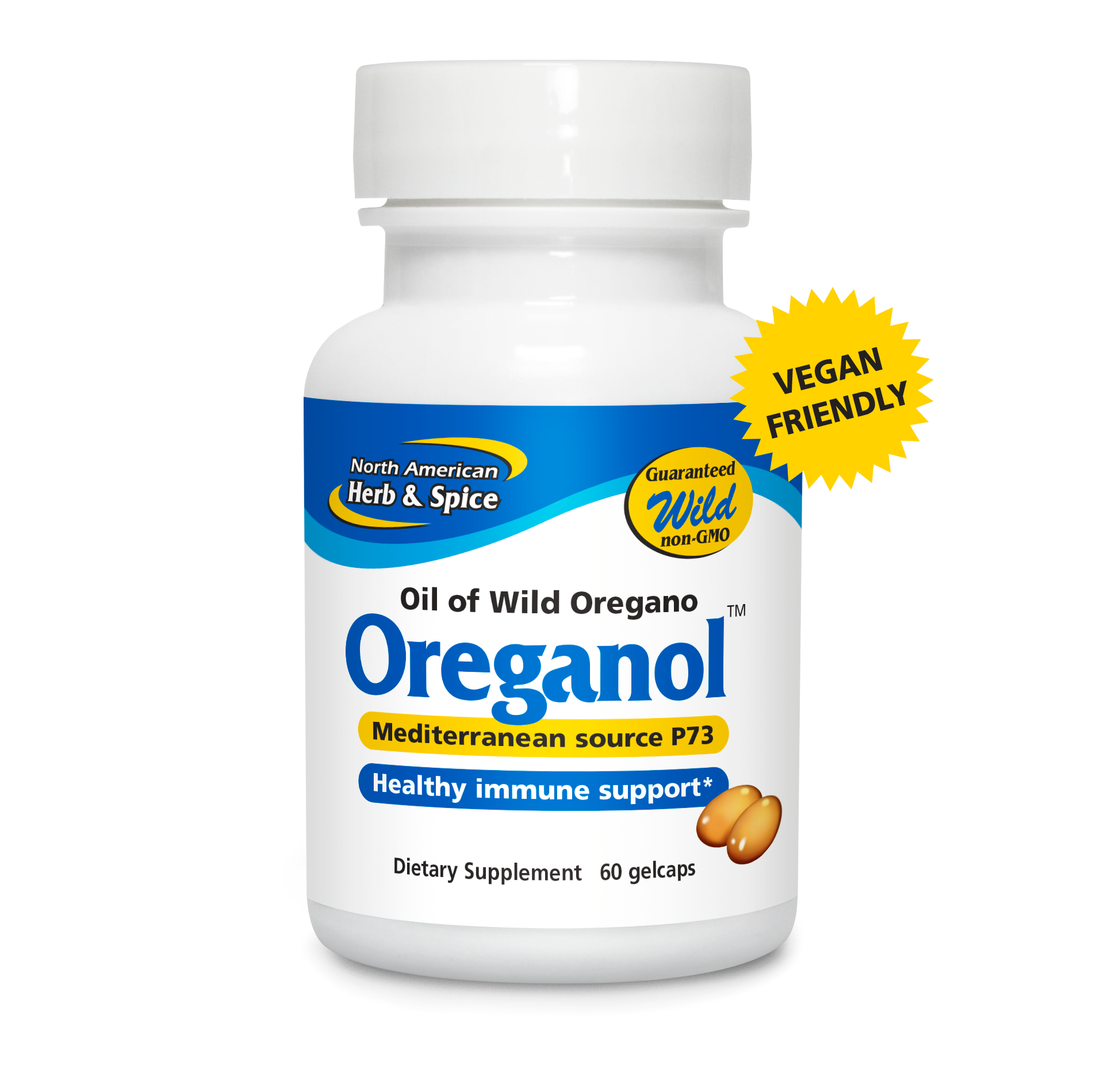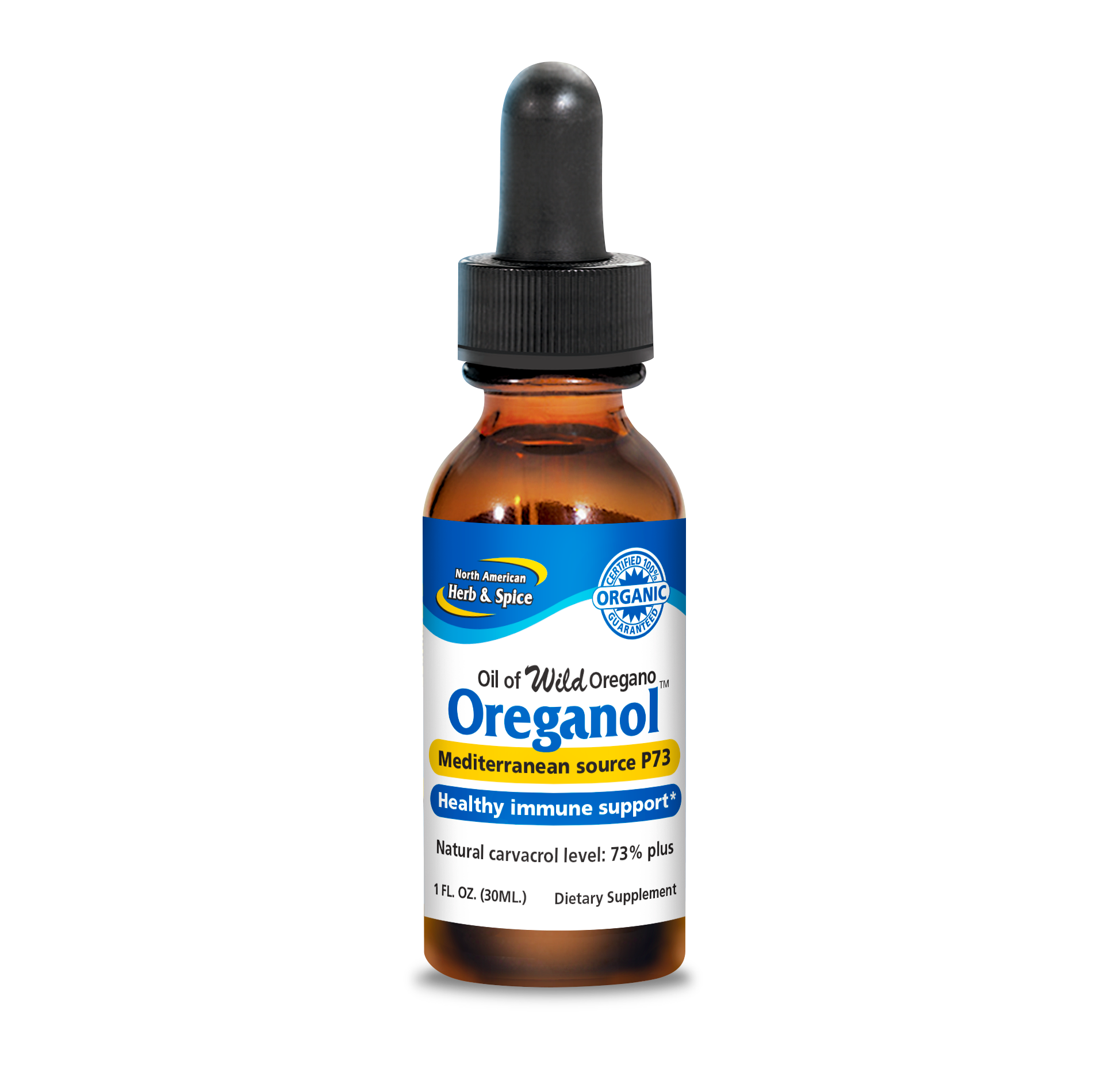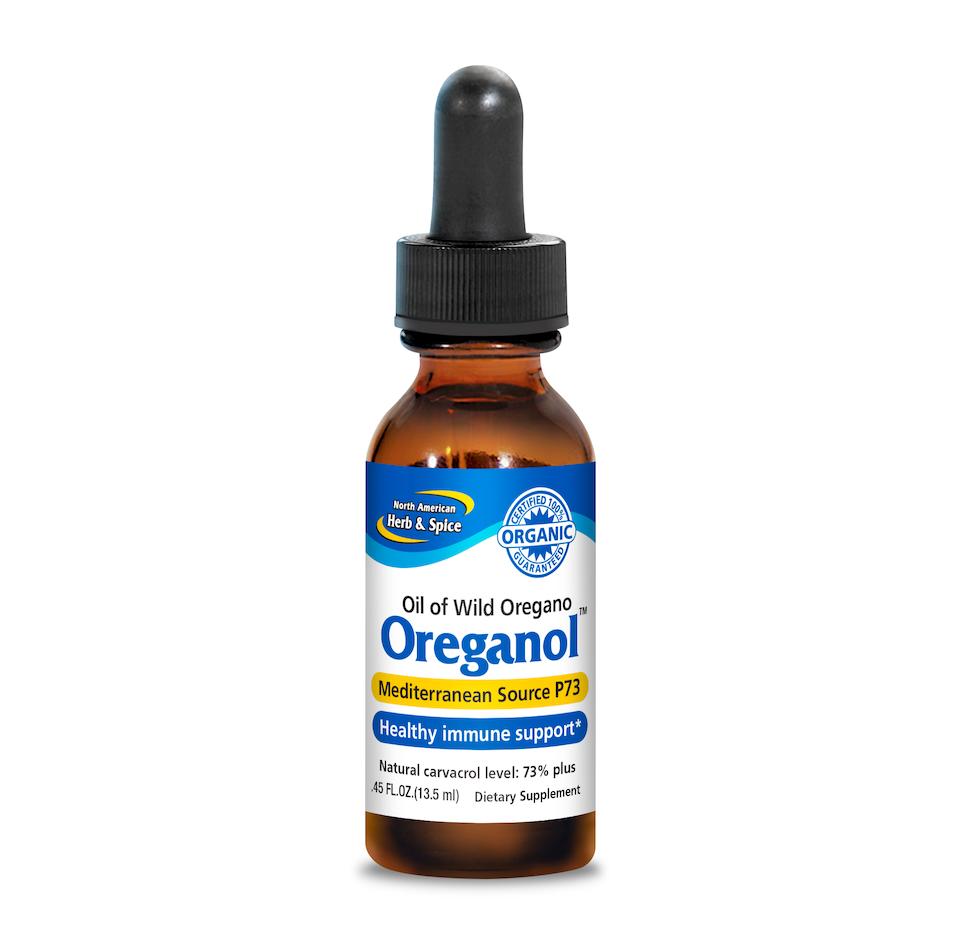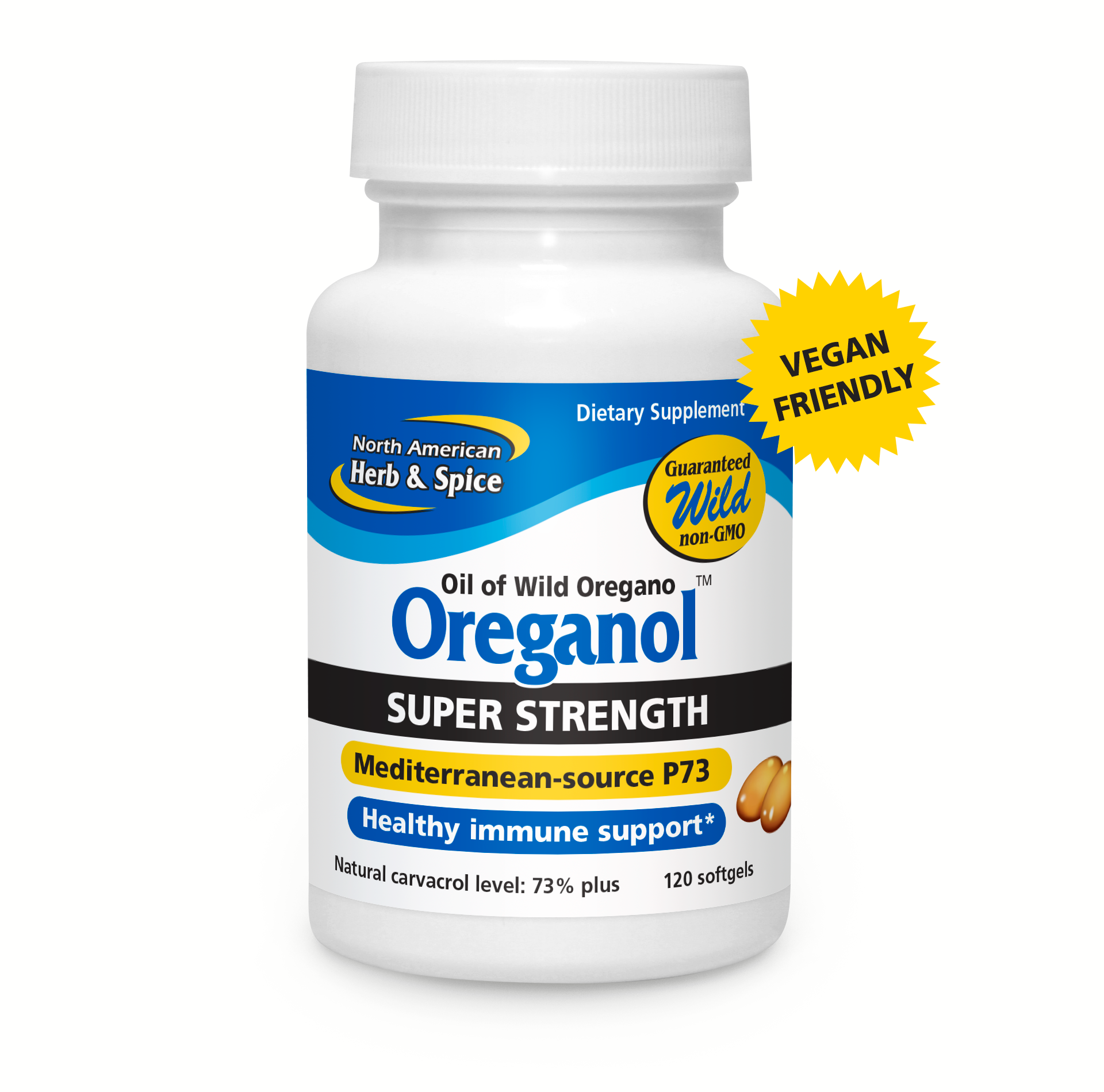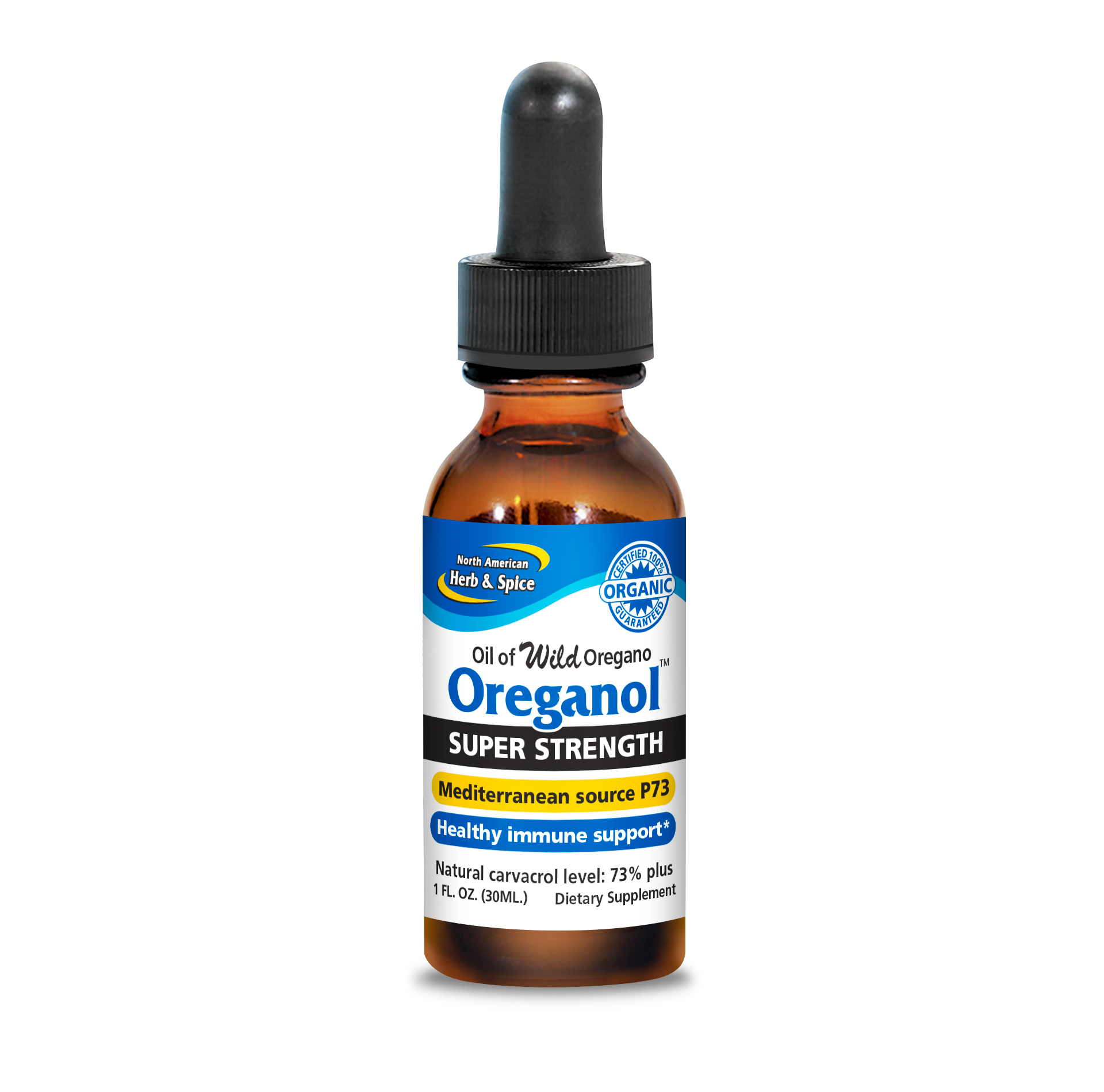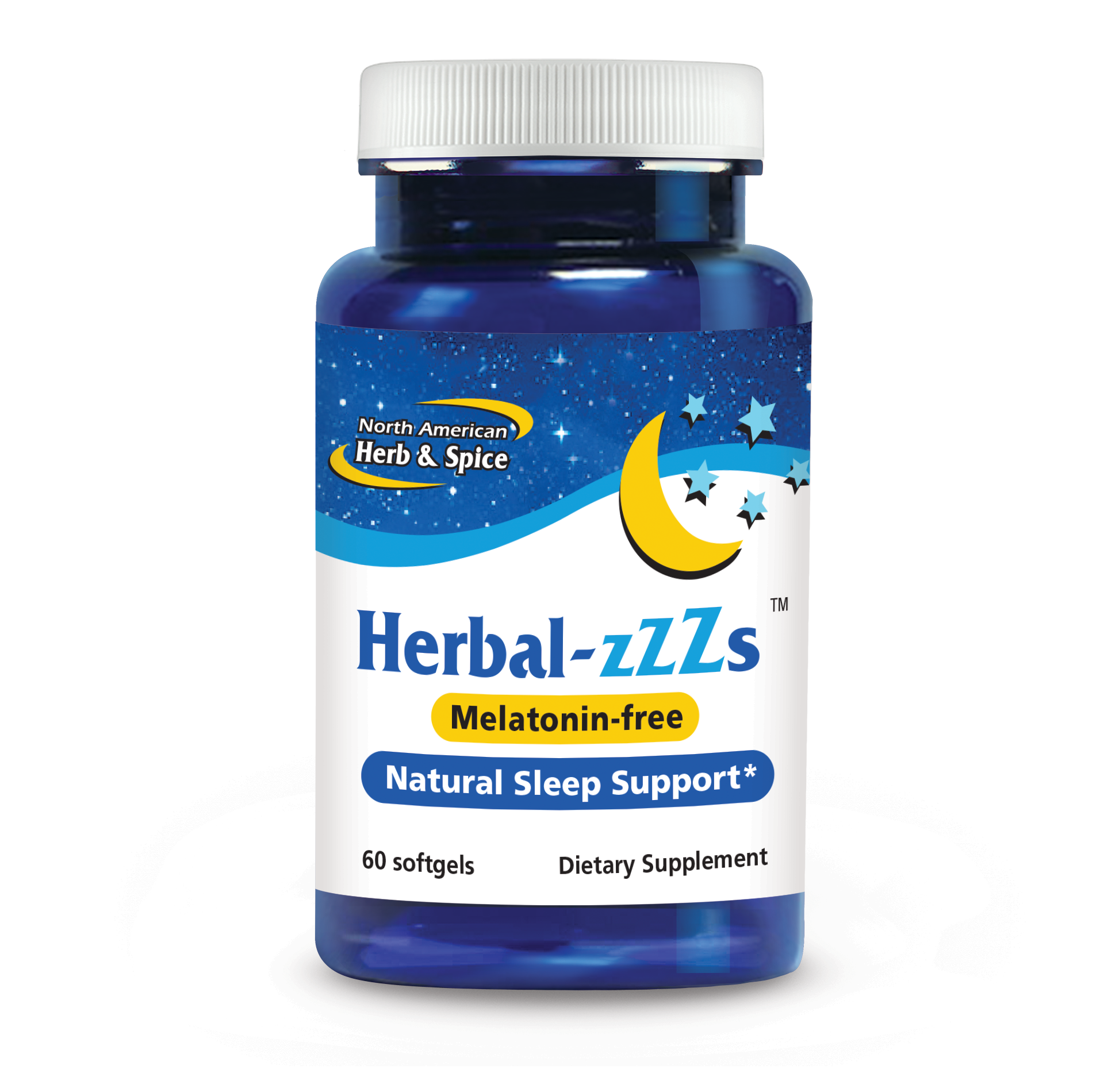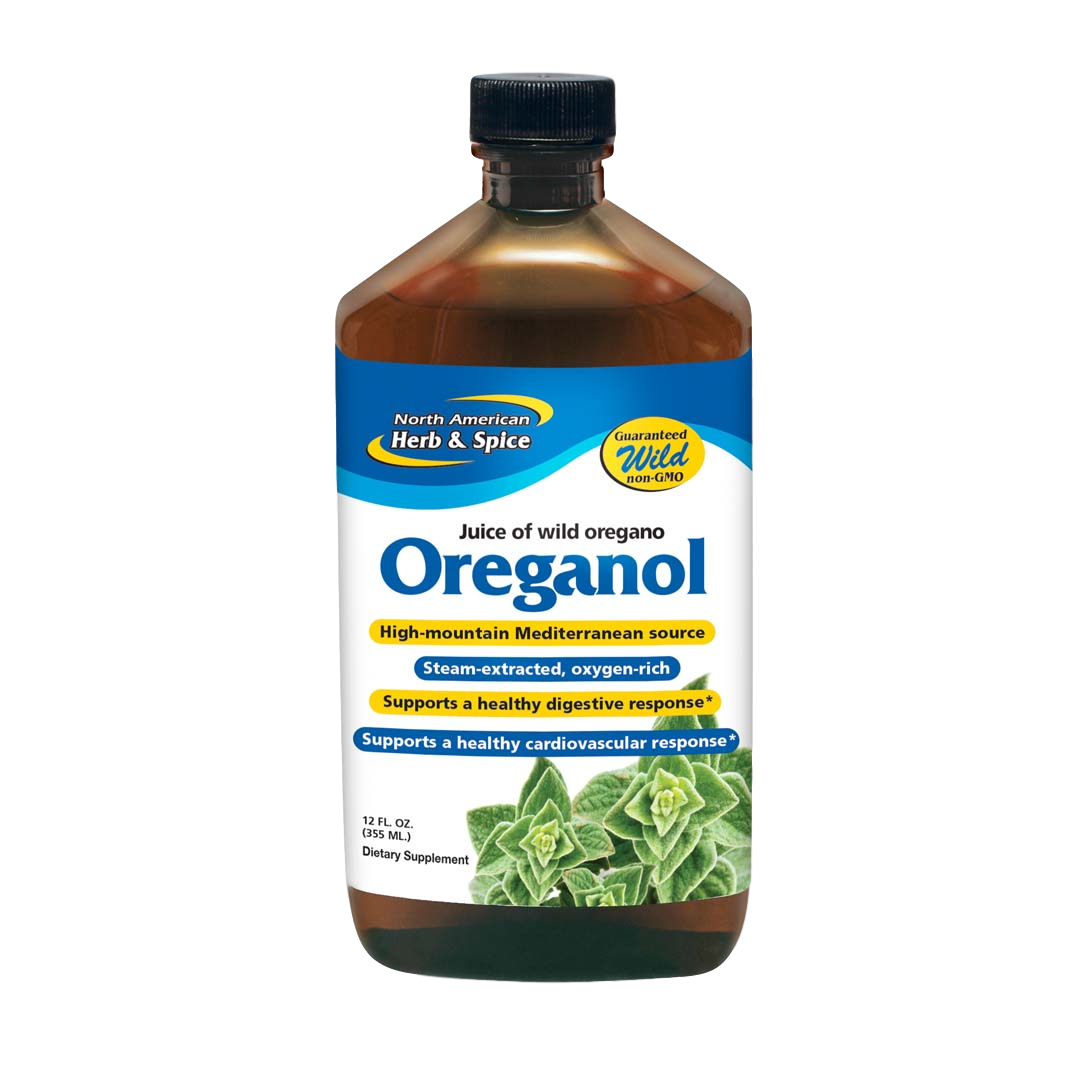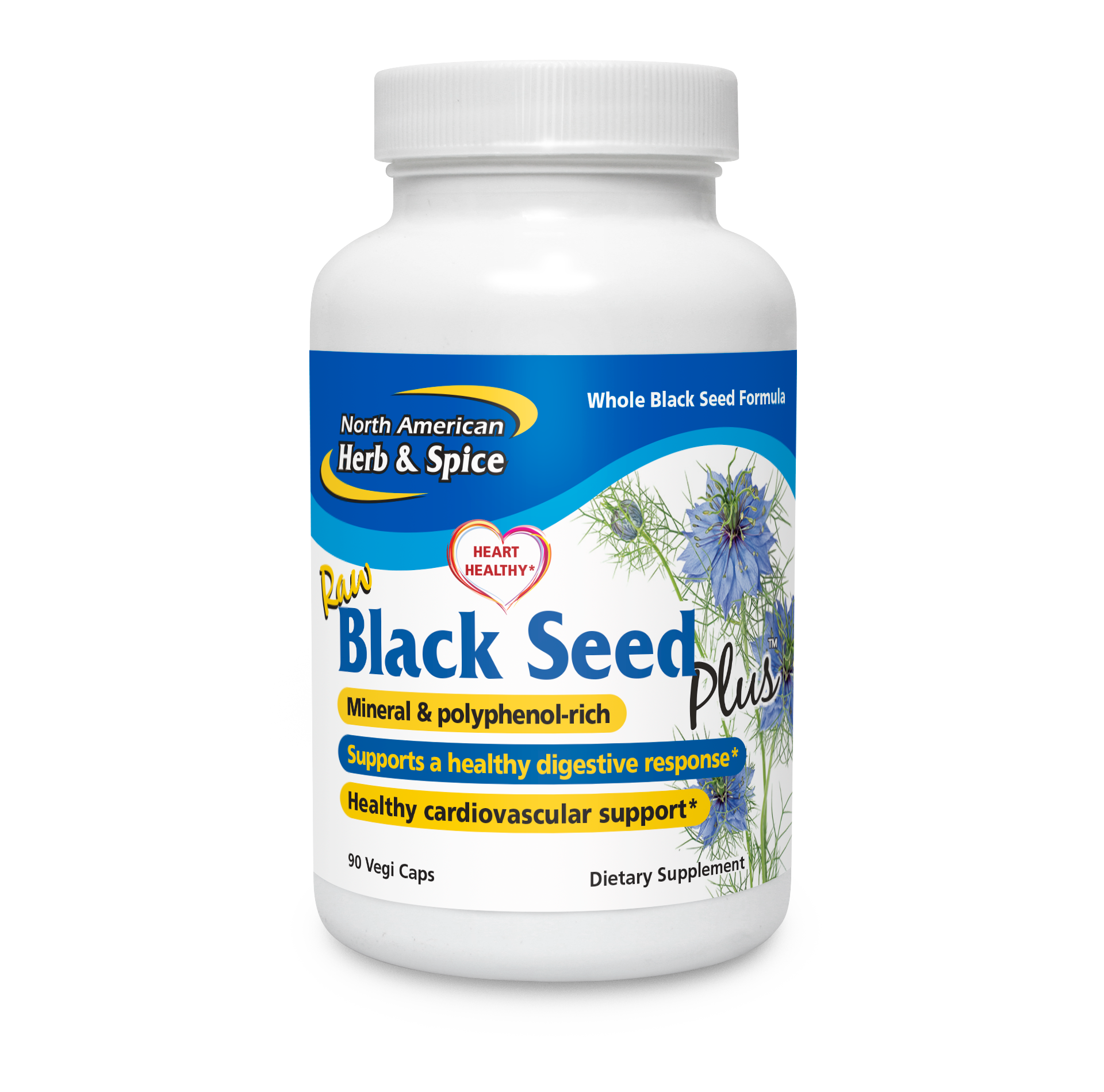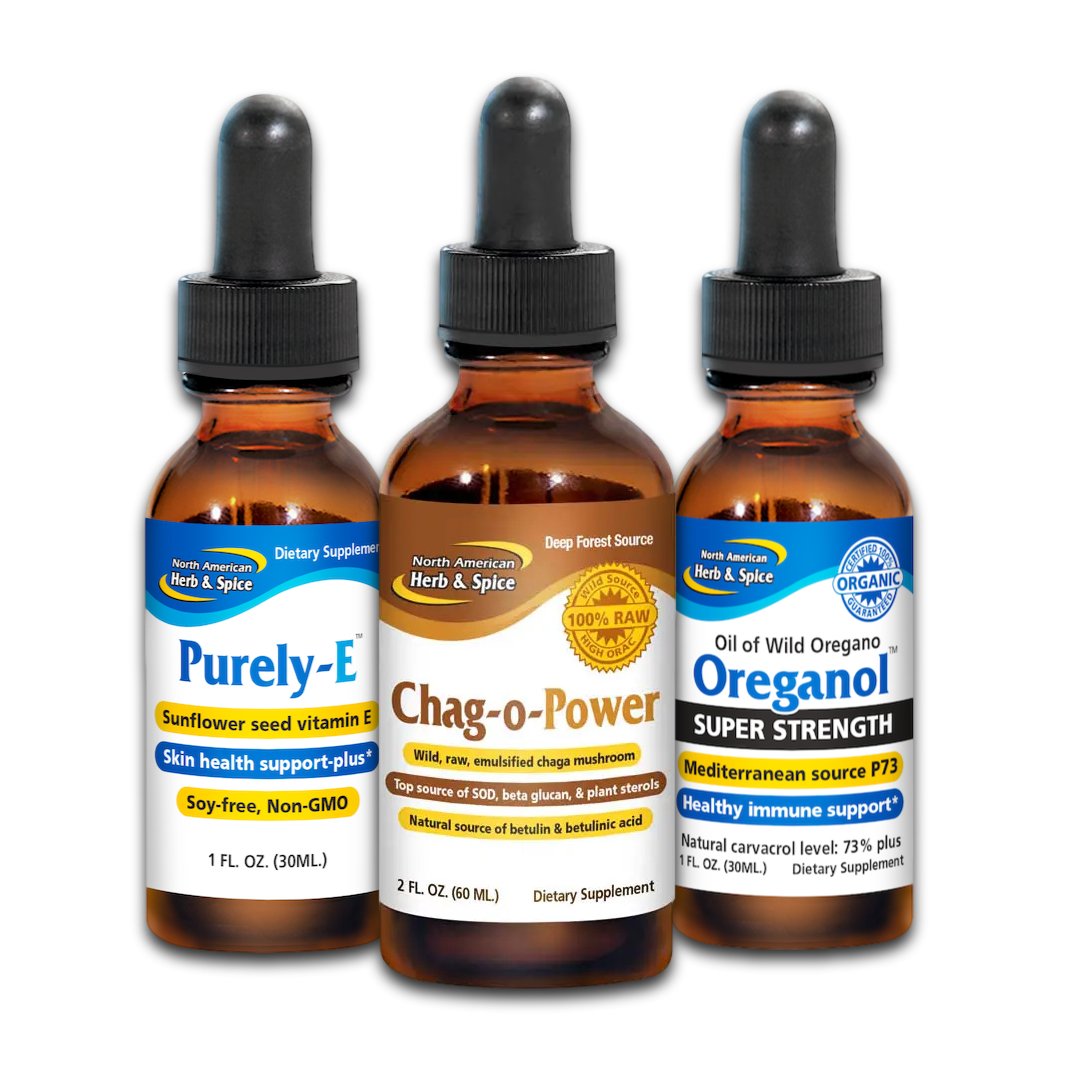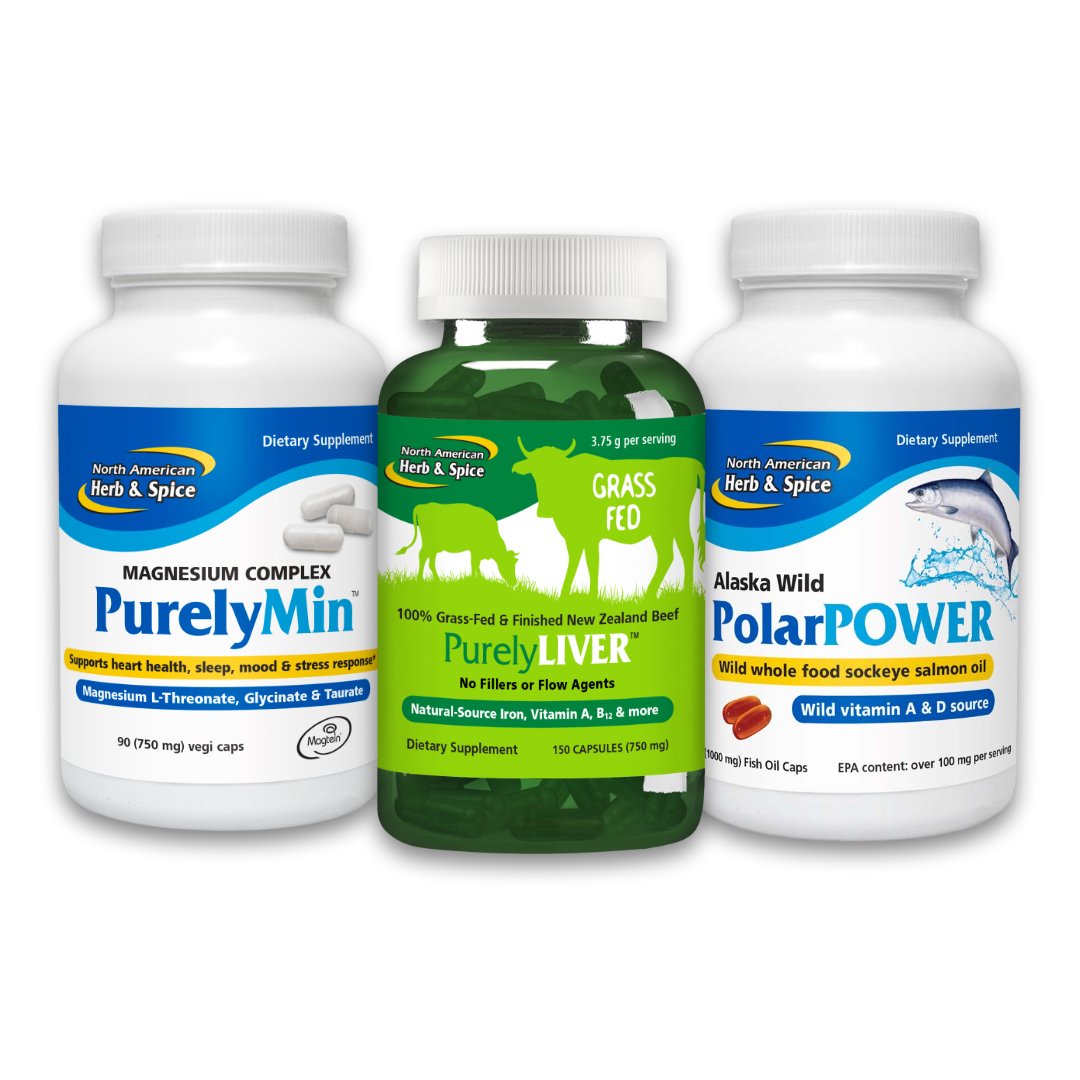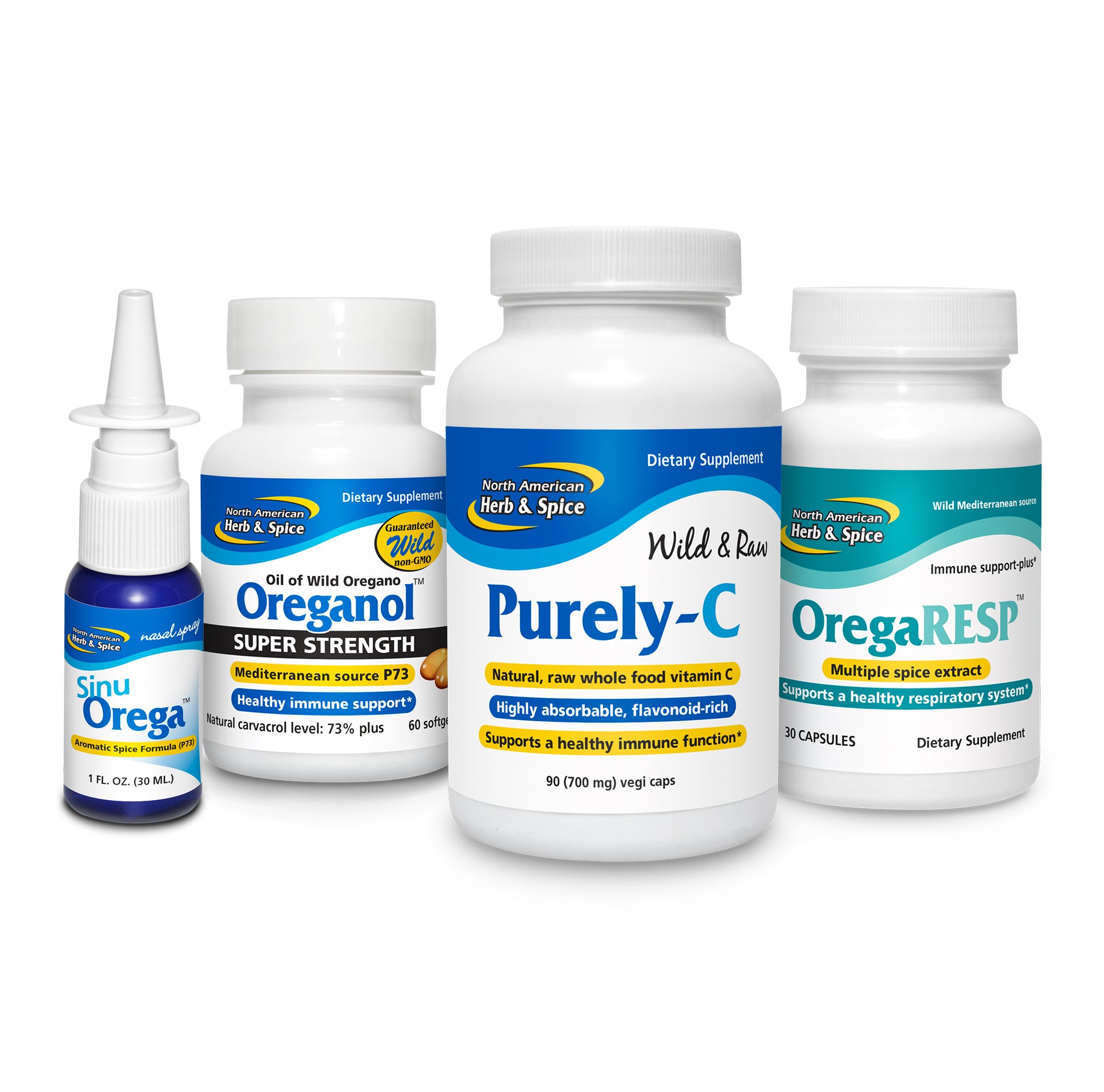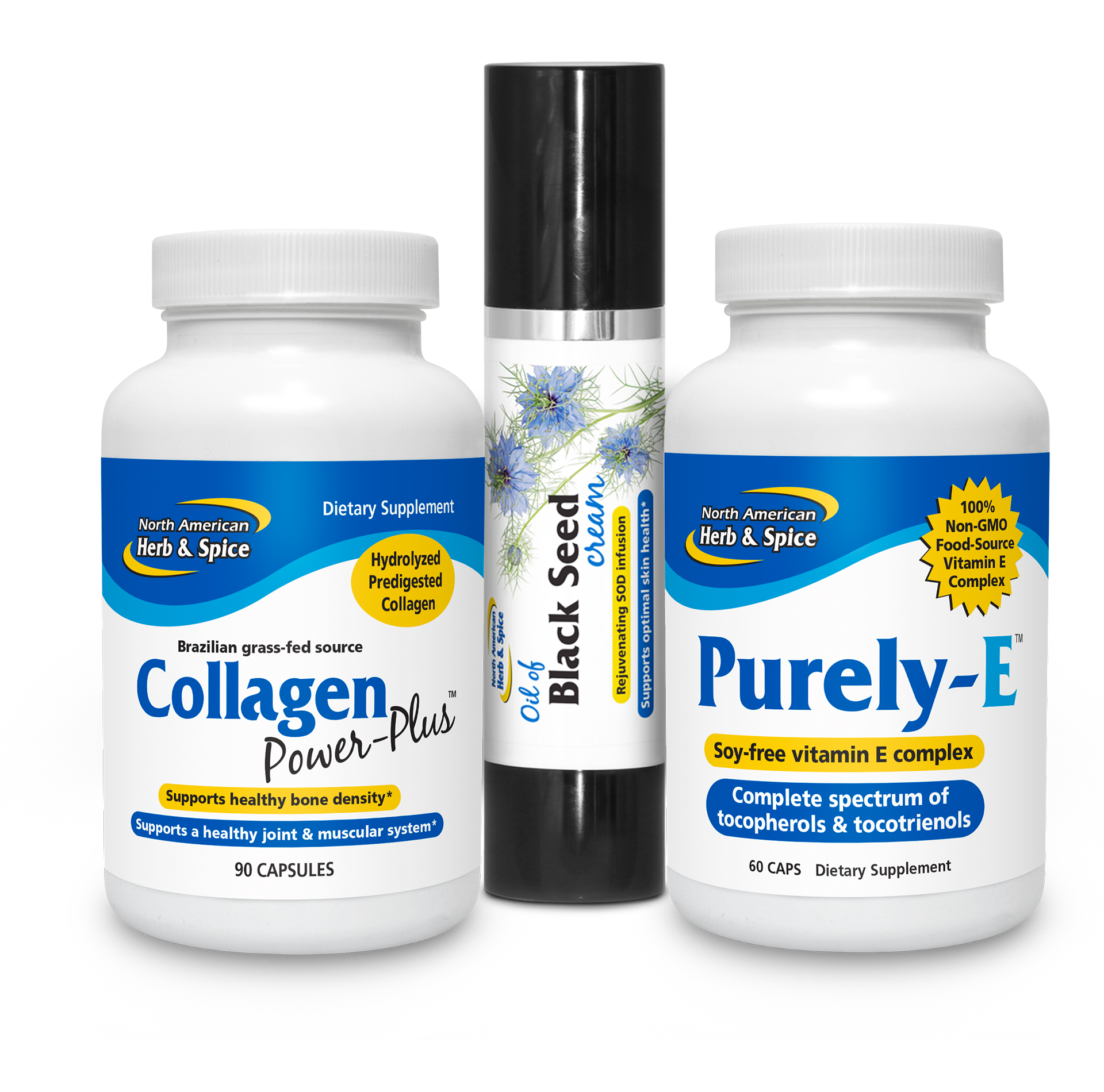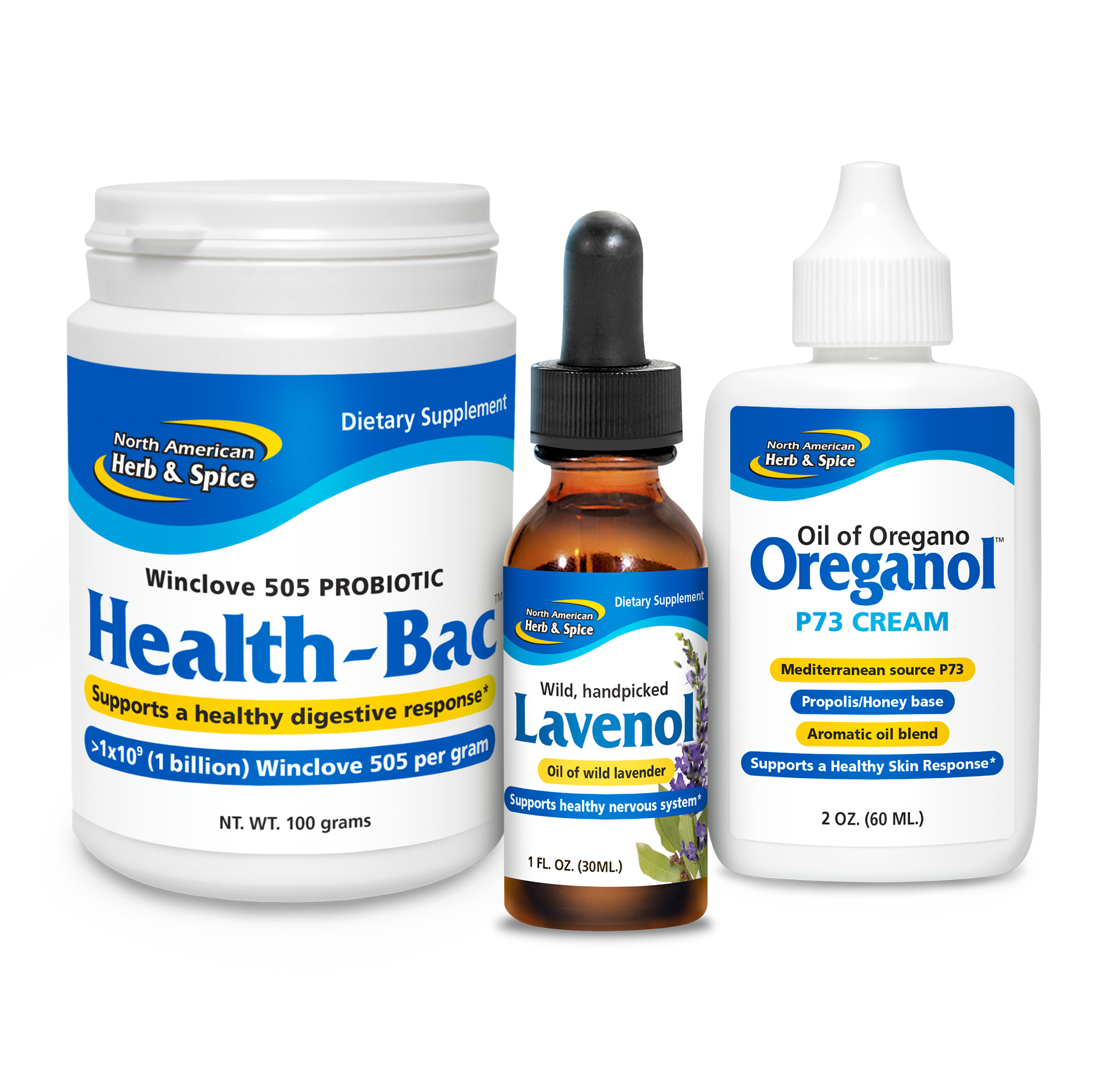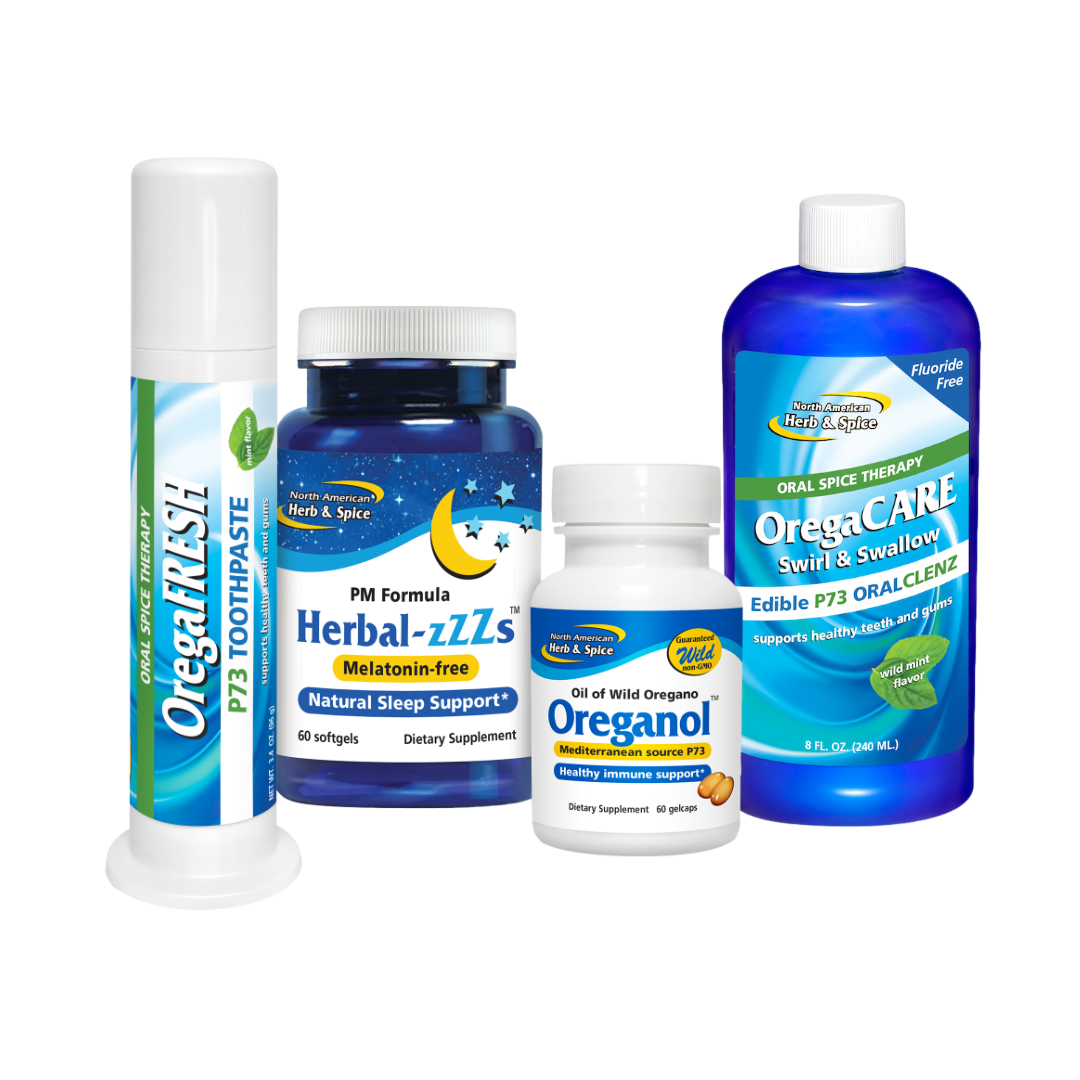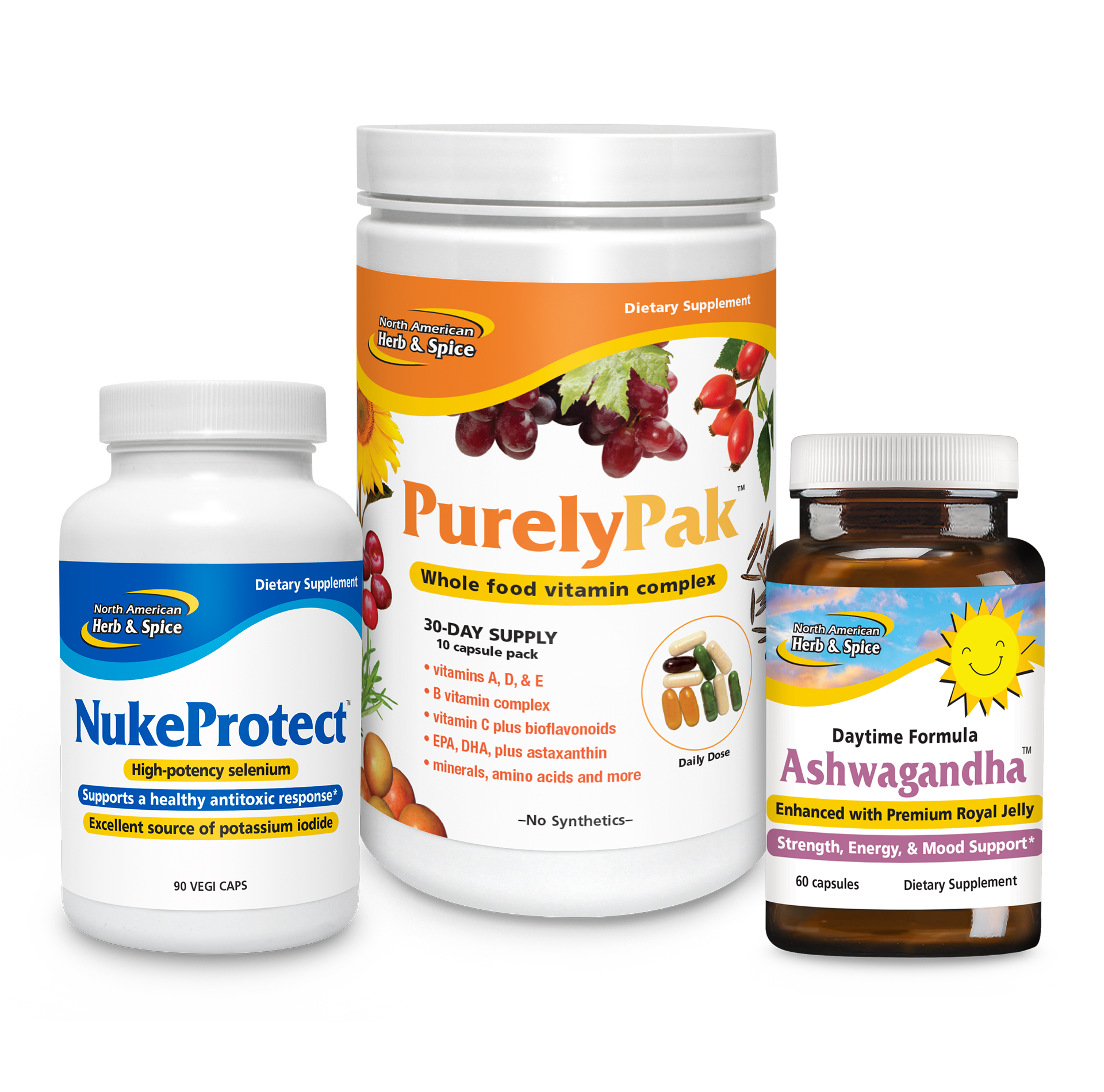Omega-3 fatty acids are essential fats that the body cannot produce on its own. There are three main types of omega-3s: ALA (alpha-linolenic acid), EPA (eicosapentaenoic acid), and DHA (docosahexaenoic acid). These fatty acids play a critical role in overall health, particularly in heart and brain function. Here, we review the top 10 evidence based health benefits of Omega 3s, the essential fatty acids missing in the standard American diet.
Heart Health
Omega-3 fatty acids have been extensively studied for their cardiovascular benefits. Research indicates that omega-3s can support healthy triglyceride and blood pressure balance, and support overall heart longevity.1 A meta-analysis published in the American Journal of Cardiology found that “Omega-3 supplementation was associated with a significant reduction in coronary heart disease” (Mozaffarian et al., 2005).1
Brain Health
DHA, in particular, is vital for brain health.2 It contributes to the structure of brain cells and has been shown to support cognitive function and reduce the risk of neurodegenerative diseases.2 A study in the Journal of Neurology indicated that “Higher levels of DHA are linked to better cognitive performance among older adults.” (O van de Rest, 2008).2
Mental Health
Omega-3s are also associated with improved mental health outcomes.3 Research suggests that these fatty acids can alleviate symptoms of depression and anxiety.3 A systematic review in Integrative Medicine Research showed that “Among women in the USA, depressed symptoms were examined in relation to intake of omega-3 fatty acids and omega-6 fatty acids. Higher intake of omega-3 fatty acids than omega-6 fatty acids was found to be associated with decreased risk of heightened symptoms of depression.”(Ab Latif Wani, 2015).3
Joint Health
Omega-3s have inflammation supportive properties that can benefit joint health, particularly for those with who have multiple stiff joints.4 The Journal of Arthritis & Rheumatology published a study showing that “Omega-3 supplementation can reduce joint pain and tenderness in patients with rheumatoid arthritis.” (Kremer et al., 1990).4
Vision Health
DHA, found mostly in animal based Omega 3s, is a major structural component of the retina, making omega-3s essential for maintaining eye health.5 A study in Investigative Ophthalmology & Visual Science found that individuals with “Higher omega-3 levels had a lower risk of age-related macular degeneration.” (Sangiovanni et al., 2007).5
Skin Health
Omega-3s also promote skin health by managing oil production and hydration.6 Research published in the Journal of Frontiers & Immunology indicates that “Omega-3 supplementation supports healthy skin barrier function and the skin’s healthy inflammatory response.” (Yu Sawada., 2021).6
Pregnancy and Early Development
Omega-3 fatty acids are crucial during pregnancy and nursing for infant brain and eye development.7 Multiple studies, including this one from the Journal of Nutrition indicate that “Adequate omega-3 intake can improve developmental outcomes in children.” (Susan E. Carlson, et al., 2021).7
Weight Management
Some studies suggest that omega-3s help with healthy weight management.8 A review in the Journal of Hospital Nutrition found that “Omega-3 supplementation can enhance fat loss during caloric restriction.” (Havva Banu Salman, 2022).8
Respiratory Health
There is emerging evidence that omega-3 fatty acids provide benefits for respiratory health.9 Research published in Nutrients highlighted that “Omega-3 supplementation benefits lung function in patients with asthma by supporting a healthy inflammation response.” ( Isobel Stoodley et al., 2019).9
Longevity Benefits
A new study published in Nature Aging has suggested that higher intake of omega-3 fatty acids along with Vitamin D and exercise is associated with increased longevity.10 The research concluded that “Individuals with elevated levels of omega-3s in their blood had a significantly lower risk of mortality from various causes, indicating that these essential fatty acids may contribute to a longer life span.” (Bischoff-Ferarri et al., 2025).10
Best Sources of Omega-3s
Among the various sources of omega-3 fatty acids, wild-caught salmon is often recommended as the best choice. Wild-caught salmon is rich in EPA and DHA, two types of omega-3s that have numerous health benefits. Unlike farmed salmon, wild-caught salmon typically has a higher nutrient profile and lower levels of contaminants. Additionally, salmon is generally more sustainable and contains beneficial compounds such as astaxanthin, which has antioxidant properties.

Polar Power to the Rescue
PolarPower is the world’s only truly unrefined whole food fish oil made from wild sockeye salmon heads. This is what the grizzlies eat, so you know it is good for you: omega 3s plus naturally occurring vitamins A & D. In fact, PolarPower is the superior source of naturally occurring vitamins A & D, rarely seen together in any other fish oil supplement. It is also a dense source of the potent antioxidant, astaxanthin. Use PolarPower to support your daily nutritional needs and to also to support a healthy whole body hormonal system, cardiovascular system, and heart health, along with supporting the health of all the mucous membranes throughout the body. You need whole food (not synthetic) vitamin A to make secretory IgA, and that’s the immunoglobulin that protects the tissue linings from attack. This can be enjoyed in tasteless softgels or, for even more nutrition, as an oil by the teaspoon.
*This statement has not been evaluated by the Food and Drug Administration. This product is not intended to diagnose, treat, cure, or prevent any disease.
Conclusion
Incorporating omega-3 fatty acids into your diet can lead to numerous health benefits, including improved heart health, cognitive function, and overall well-being. Wild-caught salmon is a top source of these essential nutrients and should be considered a staple in a balanced diet. For individuals looking to enhance their health through diet, including omega-3-rich foods is a well-supported strategy.
*Note: Paramount to this strategy is removing excess Omega 6s from the diet. These are highest in refined “seed oils” used in cooking, such as sunflower, safflower, canola, soybean, corn, and peanut. To achieve total body wellness and support a healthy inflammatory response, the ideal ratio is at least 2:1, or double the Omega 3s to Omega 6s in the body. Most people in the Western diet are 10:1 or even 20:1 Omega 6 to Omega 3! This promotes chronic inflammatory states. Instead substitute with these healthier cooking oils: Grass Fed beef tallow, 100% avocado oil, grassfed ghee, unrefined coconut oil, grass fed butter, or in lower heat, organic olive oil. Bottom Line: Eat more Omega 3s, eat less Omega 6 and these health benefits can be yours!
Additional Reference: https://ods.od.nih.gov/factsheets/Omega3FattyAcids-HealthProfessional/11



